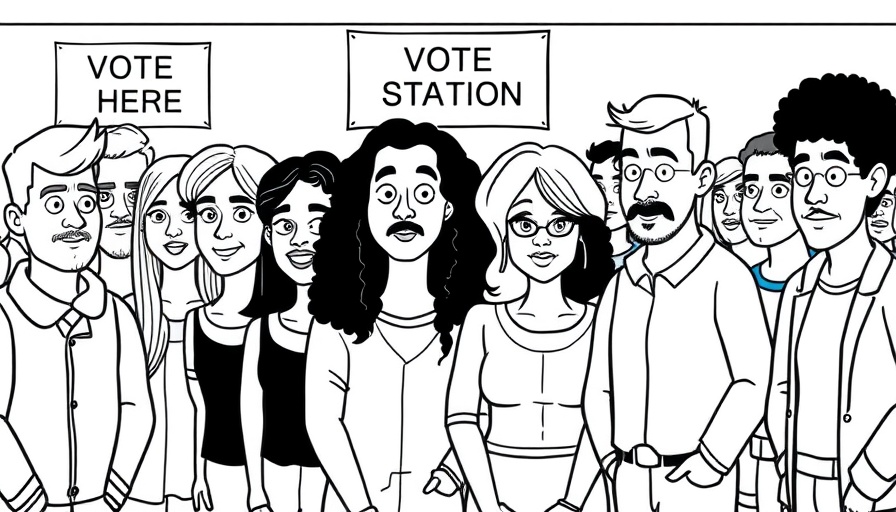
The Voting Rights Act: A Commemoration and Reflection
Sixty years ago, President Lyndon B. Johnson signed the Voting Rights Act on August 6, 1965, marking a crucial turning point in American history. This landmark law aimed to enforce the Fifteenth Amendment and combat the systemic discrimination that kept Black Americans from voting.
The root of this legislation can be traced back to the aftermath of the Civil War, when the Thirteenth, Fourteenth, and Fifteenth Amendments sought to establish equality before the law. Yet, despite these advances, white southerners employed a range of tactics, from intimidation to legal obstacles, to suppress Black voices in the electoral process. Organizations such as the Ku Klux Klan exemplified this resistance, resorting to violence to keep Black citizens from exercising their rights.
As historical perspectives reveal, the push for Black suffrage was continually undermined by changing opposition arguments that morphed from outright racial bias to claims of economic readiness and education. This shift led to a series of discriminatory practices like literacy tests and poll taxes, which disenfranchised Black voters without overtly mentioning race.
Why the Voting Rights Act Still Matters Today
In 2025, the importance of the Voting Rights Act can’t be overstated, especially as contemporary discussions around voter suppression and electoral access continue to resonate within our communities. For top wage earners in Philadelphia, understanding the historical context of voting rights serves as a reminder of the vigilance needed to protect democratic values today.
Recent trends indicate that measures aimed at limiting voter engagement are resurfacing, making it essential for informed citizens to recognize the strides made and the challenges that remain in protecting these rights. Engaging with organizations advocating for electoral integrity and participating in civic dialogues can make a significant impact.
Empowerment Through Knowledge
Commemoration is about more than memory; it’s about action. As we reflect on the advancements facilitated by the Voting Rights Act, consider how you can help uphold this legacy of equity. Whether through active participation in local elections or engaging in community discussions regarding voting accessibility, your involvement is crucial.
Understanding the past informs our future, and as responsible citizens, we hold the power to shape our democracy. Let us not only remember these pivotal moments but actively contribute to a society that values inclusion and equality in the electoral process.
 Add Row
Add Row  Add
Add 




Write A Comment